Keynote speakers
Martin Hilpert is professor of English Linguistics at the University of Neuchâtel in Switzerland.
He holds a PhD from Rice University. Before coming to Neuchâtel, he worked at the International Computer Science Institute in Berkeley and the Freiburg Institute for Advanced Studies. He is interested in cognitive linguistics, language change, construction grammar, and corpus linguistics. He is editor of the journal Functions of Language and associate editor of Cognitive Linguistics.
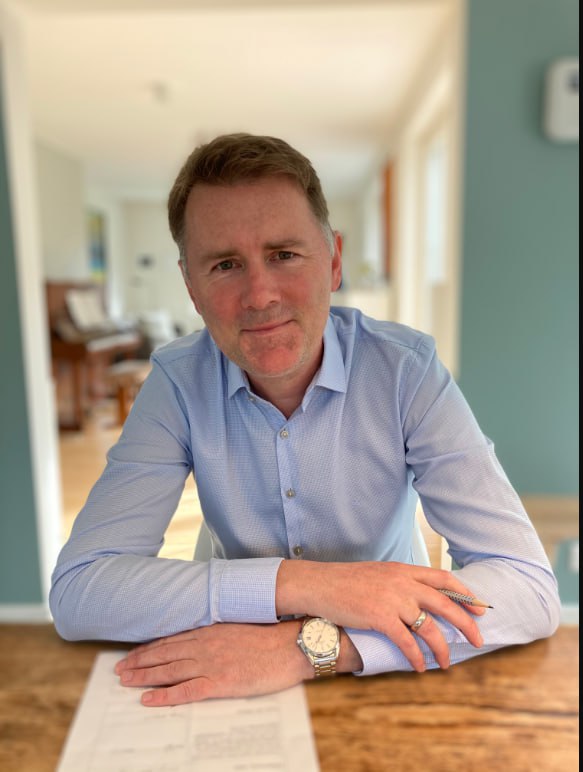
Elena Semino is Distinguished Professor in the Department of Linguistics and English Language at Lancaster University, and Director of the ESRC Centre for Corpus Approaches to Social Science.
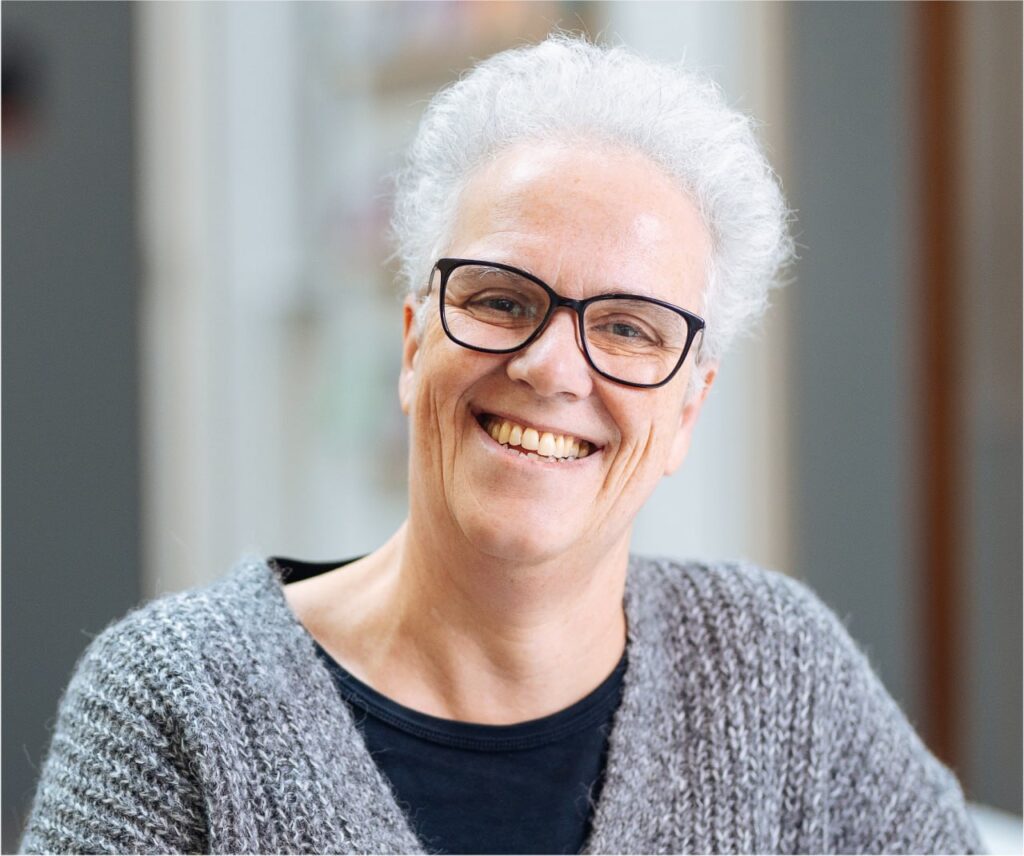
She is a Fellow of the UK’s Royal Society of Arts and of the Academy of Social Sciences. She has held Visiting Professorships at the University of Fuzhou in China and La Sapienza University in Italy. She is Associate Editor of the journal Metaphor and Symbol.She specializes in health communication, medical humanities, corpus linguistics, stylistics, and metaphor theory and analysis. Her most recent focus has been on communication about pain, cancer, mental illness, Covid-19 and vaccinations. She is a Fellow of the UK’s Royal Society of Arts and of the Academy of Social Sciences. She has held Visiting Professorships at the University of Fuzhou in China and La Sapienza University in Italy. She is Associate Editor of the journal Metaphor and Symbol.She specializes in health communication, medical humanities, corpus linguistics, stylistics, and metaphor theory and analysis. Her most recent focus has been on communication about pain, cancer, mental illness, Covid-19 and vaccinations.
Prof. Dr hab. Elżbieta Chrzanowska-Kluczewska is a linguist, an honorary professor ordinarius (emerita since 2023), affiliated with the Institute of English Studies at the Jagiellonian University in Krakow, Poland.
Her main areas of interest cover literary semantics, stylistics, poetics, philosophy of language and artistic semiotics, on which subjects she has published extensively in acknowledged periodicals and collective volumes in Poland and abroad. Her monographs include Language-Games: Pro and Against (Kraków: Universitas, 2004) and Much More than Metaphor. Master Tropes of Artistic Language and Imagination (Frankfurt am Main: Peter Lang, 2013); she also co-edited collected monographs, inter alia In Search of (Non)Sense (with G. Szpila, Newcastle u. Tyne: Cambridge Scholars Publishing, 2009) and Language – Literature – the Arts: A Cognitive-Semiotic Interface (with O. Vorobyova, Frankfurt: Peter Lang, 2017). Honoured by her colleagues and collaborators with the volume: Text-Image-Music: Crossing the Borders. Intermedial Conversations on the Poetics of Verbal, Visual and Musical Texts (ed. by A. Pawelec, A. Shaw and G. Szpila, Berlin: Peter Lang. 2021).
A member of IALS (International Association of Literary Semantics), MLA (The Modern Language Association of America), IASS/AIS (International Association for Semiotic Studies), ATINER (Athens Institute for Education and Research), PTJ (Polish Linguistic Society, honorary member), the Neophilological and Linguistic Committees of the Polish Academy of Sciences in Krakow. A co-editor (with W. Witalisz) of the Peter Lang series Text-Meaning-Context. Cracow Studies in English Language, Literature and Culture.
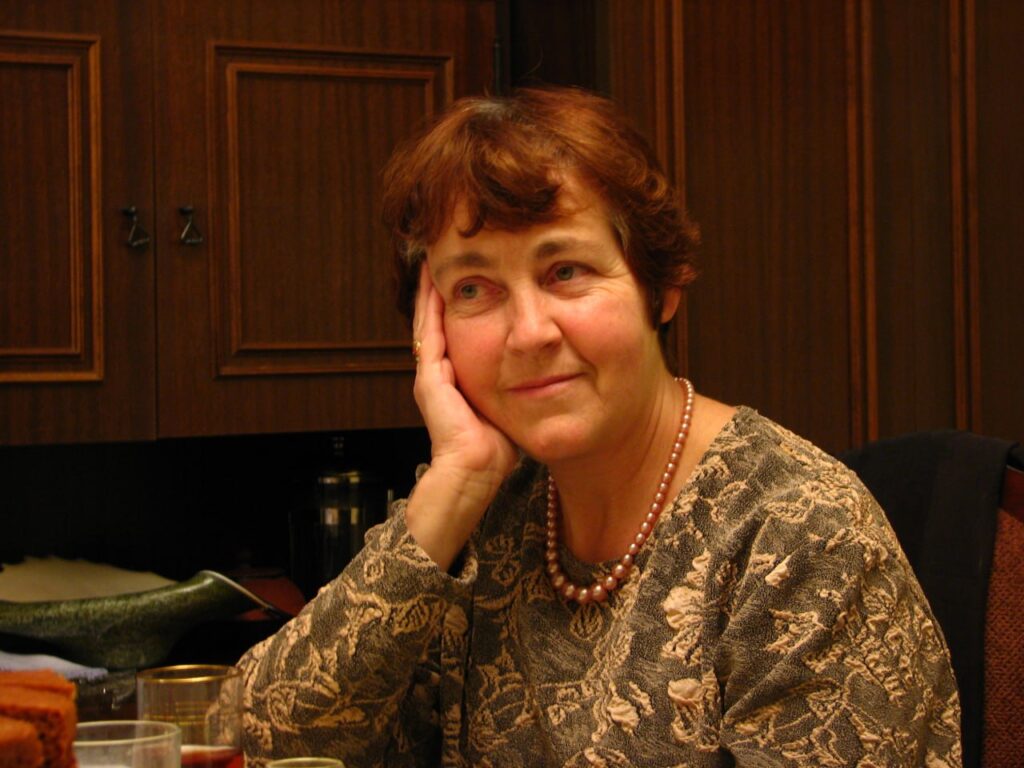
Ursula Lanvers is Professor in language education at the University of York. Before this, she worked at the Open University, University of Durham, and University of Exeter.
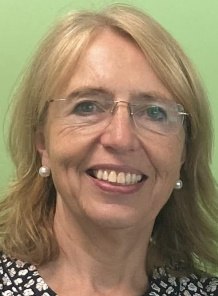
She obtained her PhD in 2000 at the University of Exeter. She has published extensively on language learner motivation, language education policy and the language learning landscape in the UK. Her research interests include language education policy, Global English, and social justice in language education and language policy. Among her 2024 publications is: Language Learning beyond Global English: Learner Motivation in the 21st Century. Cambridge University Press.
Michael Burke is Professor of Rhetoric at University College Roosevelt, Utrecht University in the Netherlands, where he is the Head of the Arts & Humanities Department.
He has been a Full Professor since 2012 and was also a former Honours Dean of Utrecht University (2016-2021) and a former President of the International Poetics and Linguistics Association (2009-2012). He is the author of Literary Reading, Cognition and Emotion: An Exploration of the Oceanic Mind (2011) and Picturing Fiction Through Embodied Cognition: Drawn Representations and Viewpoint in Literary Texts (2022, with Bien Klomberg & Theresa Schillhab). He is the editor of The Routledge Handbook of Stylistics (2023, 2nd ed.), and co-editor of numerous books including Cognitive Literary Science: Dialogues Between Literature and Cognition (OUP, 2017, with Emily Trosicanko), and Scientific Approaches to Literature in Learning Environments. (2016, John Benjamins Press with Olivia Fialho & Sonia Zyngier). His research has been published in numerous journals in the fields of language, rhetoric and communication.
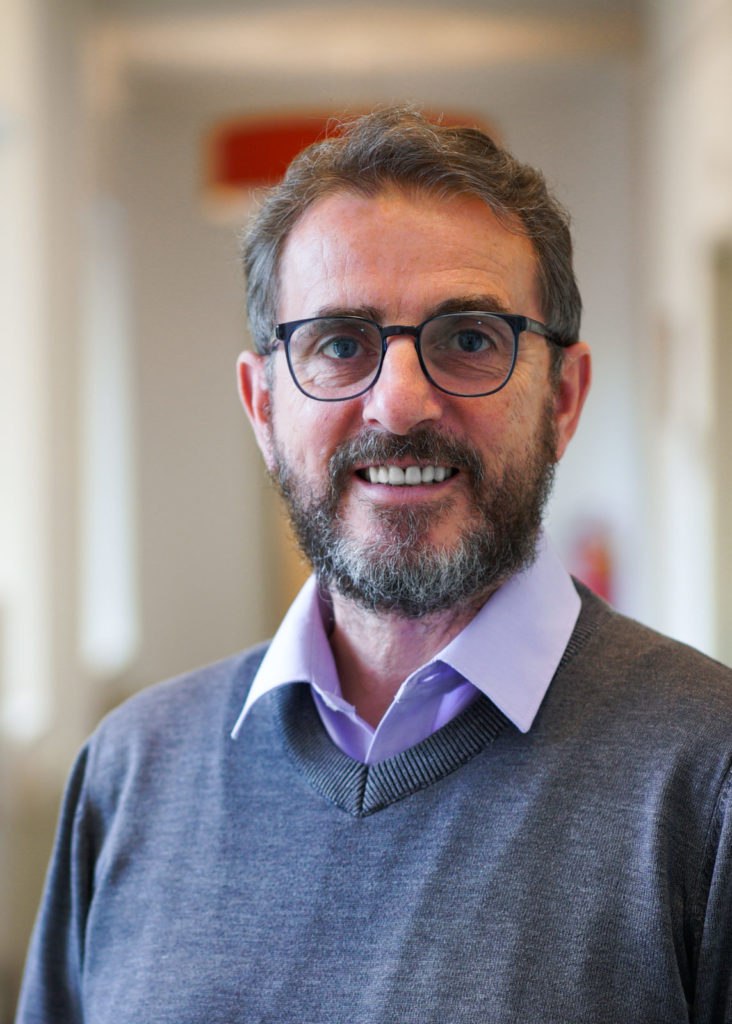
Matthew Voice is an Assistant Professor in Applied Linguistics at the University of Warwick, the UK.
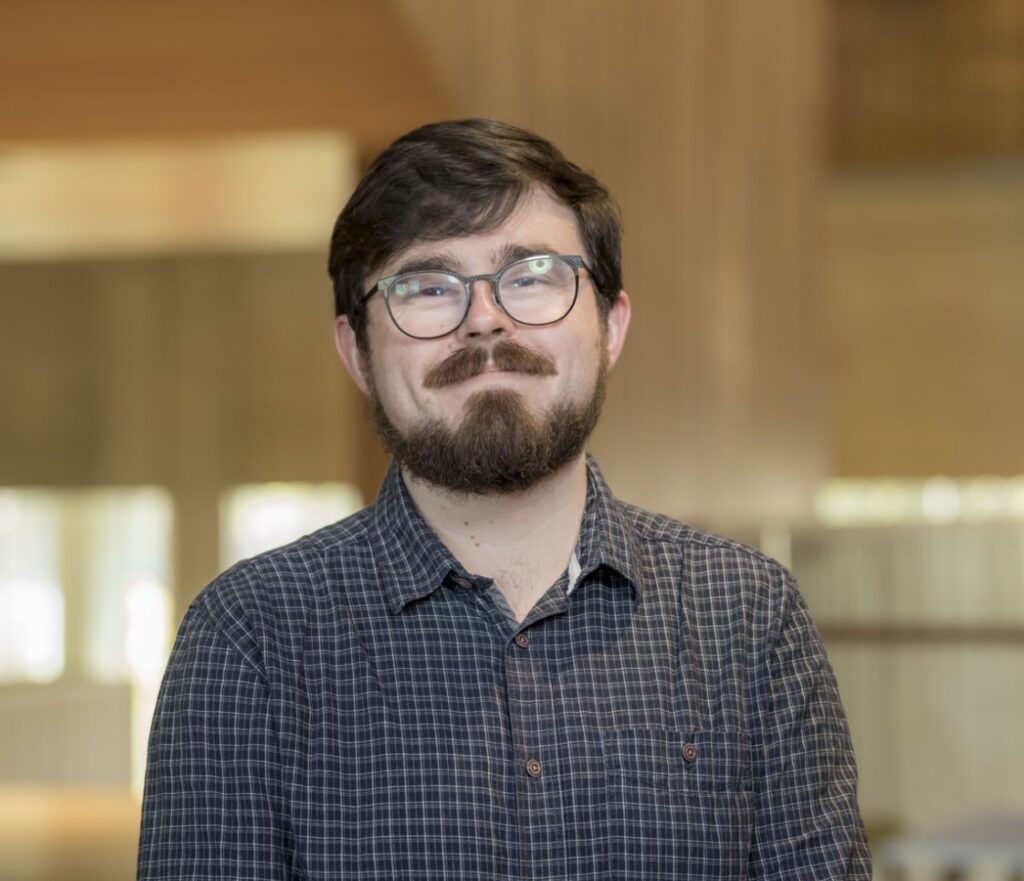
His research explores the application of cognitive linguistic approaches to discourse across a variety of genres and contexts. Analysing texts from military drone operators’ memoirs through to pop song lyrics, he is interested in investigating the ways in which diverse discursive styles can challenge our expectations about language and cognition.
As a fellow of the Warwick International Higher Education Academy (WIHEA), Matthew has also been involved in the development of policy and best practice around student engagement with artificial intelligence. Bringing together his teaching and present research interests, he has been leading the development of resources for critical AI education, to help Warwick’s students understand the limits and biases of these rapidly developing and quickly adopted tools.
Maksym Vakulenko is a Ukrainian scholar affiliated at Darmstadt University of Applied Sciences (Darmstadt, Germany) and Institute of Artificial Intelligence Problems (Kyjiv, Ukraine).
Maksym Vakulenko is a Ukrainian scholar affiliated at Darmstadt University of Applied Sciences (Darmstadt, Germany) and Institute of Artificial Intelligence Problems (Kyjiv, Ukraine).
In 1987 – 1989 he attended the post-graduate courses at the Institute for Theoretical Physics.
In 1991 he obtained the PhD degree (Candidate of Sciences).
In 2012 – 2015 he studied at the Doctorate in Applied and Mathematical Linguistics, Ukrainian Lingua-Information Fund of NASU.
In 2023 he obtained the 2nd academic degree – Doctor of Sciences (Ukrainian Linguistics).
His research interests are: semantics, terminology and terminography, phonetics and phonology, trtansliteration, AI approaches to terminology tasks, Ukrainian studies.
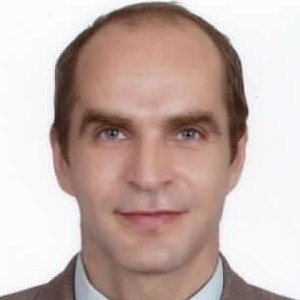
Alla Martynyuk is Professor in English translation at V.N. Karazin Kharkiv National University in Ukraine
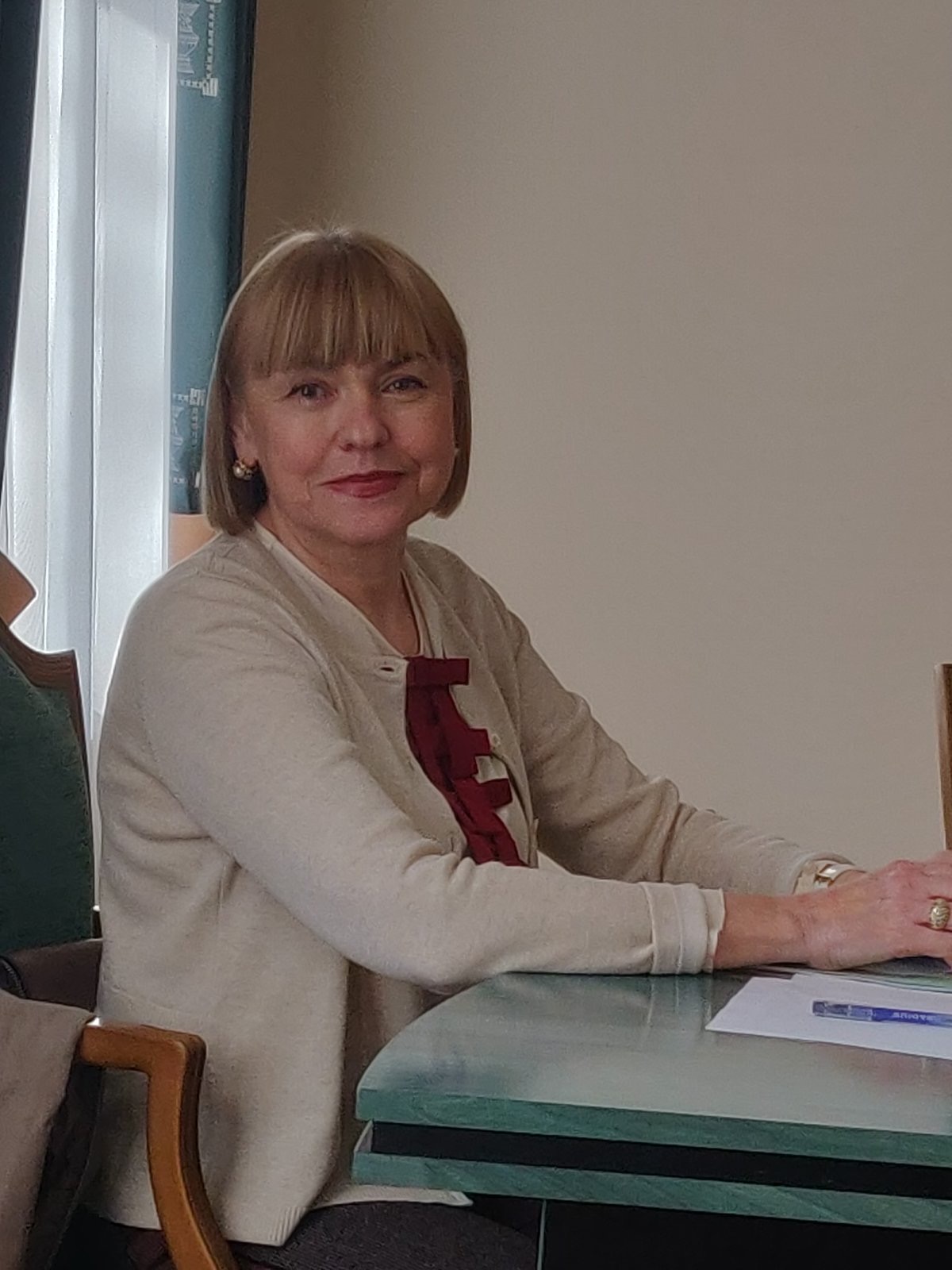
Alla Martynyuk is Professor in English translation at V.N. Karazin Kharkiv National University in Ukraine. She has been a Full Professor since 2008. Her main research focus has been on the interface between cognitive linguistics and multimodal analysis of communication, translation, discourse and gender studies in the investigation of multi-semiotic meaning making in subject-environment interactions. She has published extensively in acknowledged periodicals and collective volumes in Ukraine and abroad on political insults, multimodal troupes, gesture-verbal utterances, communicative failures, transgender narratives, translation of metaphors, cultural similes, and multimodal puns. Among her monographic publications are Constructing Gender in the English Discourse (2004) and A Dictionary of Basic Terms of Cognitive-Discursive Linguistics (2012), both published by V.N. Karazin Kharkiv National University.